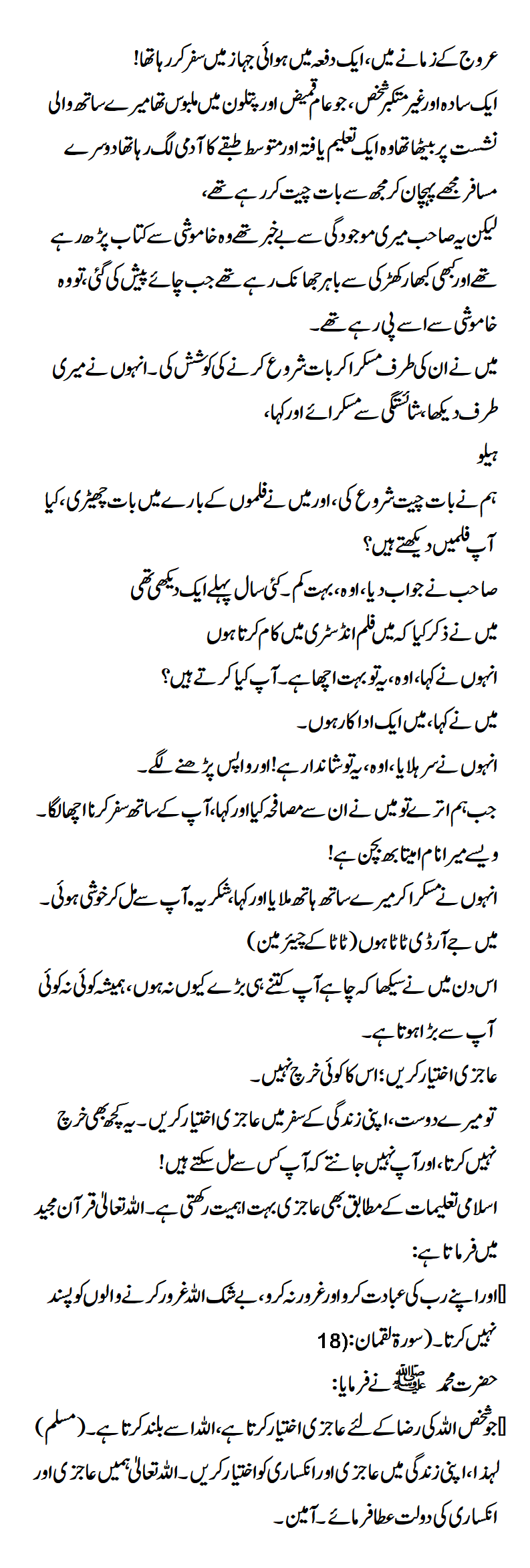I had always admired Waheedaji as an actor and as a person even before I joined the film industry. Dilip saab (Kumar) and she have been my idols. So when I got an opportunity to work with her in Reshma Aur Shera (1971) early in my career, I could not believe my luck. To me she has always symbolised the ideal Indian woman and in her personal demeanour I found qualities that were similar to my beliefs.
A quiet, modest and reserved individual, she was a picture of grace during the shooting of the film. The unit spent a great deal of time in the deserts of Rajasthan camped in tents at Pochina, a village some distance from Jaisalmer. Her elder sister, Appaji, and she were so endearing and kind to me during the stay that I never felt like a newcomer. I felt part of their family.
I can never forget a moment during the shooting of Reshma Aur Shera when we were shooting the animal sacrifice scene in the Jaisalmer Palace. The moment the gruesome bali (sacrifice), in reality occurred during Dusshera, she, who was positioned in the crowd as part of the scene, collapsed and fainted. Sunil Dutt saab and a few others including myself rushed to her side,
lifted her through the crowd, somehow managed to put her in a jeep and brought her back to the makeshift hotel to revive her. I felt really sorry for her, but somewhere felt privileged that I was part of the group that took care of her.
With time I had Waheedaji as my leading lady in Adalat and Kabhi Kabhie and subsequently as my mother in several films. Apart from being the most consummate artiste, she’s always been encouraging and caring through my career, giving advice and support throughout. She still remains my idol but even more now that she has played mother to Abhishek in films.
Even today whenever I meet her, her candour and affection for me are intact and I am eternally grateful for that. This and that unforgettable close up of hers in Pyaasa in the theatre when Guru Dutt appears on the balcony are unforgettable — ethereal and mesmerising!
